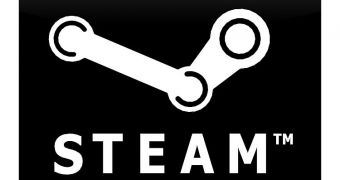The NPD Group has released a set of figures, indicating that the digital market of PC games has reached parity in terms sales with the classical brick and mortar retailers. This is quite a strong signal from the part of the consumers, announcing a significant shift in the purchasing habits.
Gamasutra reports that last year in the United States full game PC digital purchases totaled 21.3 million units sold, very close to the 23.5 million physical discs picked-up from brick and mortar stores. In percentages, the digital downloads market represented 48 percent of unit sold on the PC market in 2009 and around 36 percent in dollar sales.
Meanwhile, the physical retail market is going down 23 percent to 538 million dollars in 2009. NPD has not found way to measure the impact of social gaming sales, subscriptions or micro-transactions as of yet, making the PC games market seem more profitable that one would think. Game creators have found a great variety of ways to sell their products to consumers, while giving hard work to companies that wish to provide relevant numbers that could indicate the success of these current endeavors.
In the words of NPD game analyst Anita Frazier, “The popularity of social network gaming increased from Q3'09 to Q4'09 as 4.8 million more people played games on a social network in the U.S..This demonstrates how consumers can now experience casual types of games through myriad vehicles, broadening the competitive landscape.”
The most successful online store of 2009 was, as expected, Steam, followed by Direct2Drive. Blizzard, through its few, but very high quality releases managed to occupy two places in the top five digital retailers, that is three with Blizzard.com and five with Worldofwarcraft.com. The online Electronic Arts store slid in between at number four. The numbers for the PC online market are bound to grow even further in 2010, considering the very successful Steam sales, as well as the many developers who are going digital only with their releases because of the lower distribution costs.

 14 DAY TRIAL //
14 DAY TRIAL //